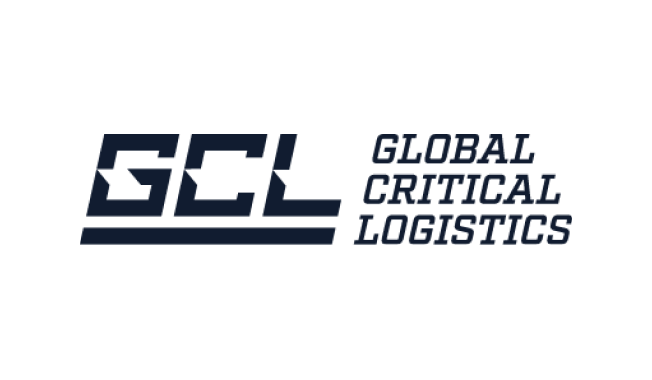WSJ: ATL Partners Backs Space Technology Provider GEOST
GEOST develops sensors that detect and prevent threats to satellites and other assets in space.
Wall Street Journal PE Pro
By Laura Kreutzer
Aug. 18, 2021
Private-equity firm ATL Partners has acquired a majority stake in space technology provider Geost LLC as the U.S. and its allies focus more of their defense efforts on outer space.
Geost, based in Tucson, Ariz., develops and services technology, such as infrared sensors, that helps detect and prevent potential threats to satellites and other U.S. assets in space.
The company’s technology supports what is known as space domain awareness, or identifying, characterizing and understanding factors that could affect U.S. operations in outer space with the potential to threaten the country’s safety and security. The U.S. Defense Department and intelligence agencies are devoting more resources to improving space domain awareness, particularly as rival nations such as China and Russia step up their space activities..
“The [Defense Department] recognizes that space is a real contested domain,” said Michael Kramer, a principal at ATL Partners. “For a long time, the U.S. has dominated that domain, but now new actors have the capability to interfere.”
Mr. Kramer said ATL, which targets investments in the aerospace, transportation and logistics sectors, decided to invest in the fast-growing market for national security companies focused on outer space partly because it is more stable than many segments of the commercial space sector.
In 2019, the government established the U.S. Space Force to protect the nation’s interests and those of its allies in space. The Air Force has requested a budget of $17.4 billion for the Space Force in fiscal 2022, which begins Oct. 1, representing a roughly 13% increase over the current year. Intelligence agencies have also stepped up space spending in recent years.
Founded in 2004, Geost specializes in producing lower-cost sensors that are smaller, lighter and more energy efficient than many traditional systems, according to Josh Hartman, vice president and general manager of Geost.
“We are affordable elegance in space,” Mr. Hartman said.
In addition to identifying and preventing intentional attacks on space assets, Geost’s technology helps guard against collisions with other satellites and orbiting debris. And that’s an increasingly complex task.
An estimated 7,520 satellites were in orbit as of Aug. 12, with around 4,500 still functioning, according to data from the European Space Agency. The pan-European organization estimates there have been more than 570 explosions, collisions and other events in space and at least 934,000 bits of space junk in orbit that are more than a centimeter in length.
Orbiting debris resulting from collisions and the deterioration of old satellites and launch vehicles also pose myriad potential threats.
“Even a tiny object, like a chip of paint, traveling at 17,000 miles an hour through space can cause quite a bit of damage to a satellite,” Mr. Hartman said.
Although ATL didn’t disclose terms of the deal, Mr. Kramer said the New York-based firm’s investment was smaller than it typically makes, partly because ATL plans to use the company as a basis for expansion through add-on acquisitions and other initiatives.
The firm sees growth potential for Geost in subsectors such as early-warning missile detection systems and laser communications and is currently in discussions with several companies about prospective acquisitions. Geost also produces devices using laser technology, according to its website.
ATL Partners typically invests equity of $150 million to $750 million, often tapping co-investment capital from its backers on larger investments. The firm is currently investing out of a roughly $575 million second fund that closed in 2019.
https://www.wsj.com/articles/atl-partners-backs-space-technology-provider-geost-11629326724

